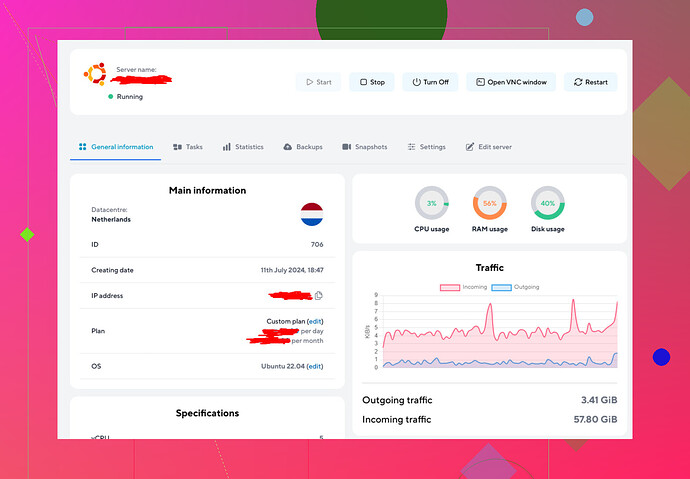For startups, finding the right cloud hosting option can be a bit like playing darts in the dark. You want something cost-effective, scalable, and dependable, all wrapped in one. I’ve been down that road, so here’s a rundown based on my experience:
-
AWS (Amazon Web Services): Fantastic for flexibility and scalability. It has a broad range of services, but it can get pricey as you scale. You need to keep an eye on costs religiously; they have a myriad of pricing tiers and hidden fees that can catch you off guard.
-
Google Cloud Platform (GCP): A close competitor to AWS with excellent machine learning integrations if that’s in your wheelhouse. Their billing is often clearer, but costs can still sneak up on you, particularly if your needs grow unexpectedly.
-
Microsoft Azure: Offers a comprehensive service range too, especially if you’re already using Microsoft products. Solid for enterprise-level operations, but again, cost management is crucial.
-
DigitalOcean: A solid choice if you’re looking for simplicity and affordability. Not as feature-rich as AWS or GCP, but it can be easier to manage for smaller projects or simpler applications, making it a great starter option.
-
Heroku: Known for ease of use, especially when deploying applications. However, be cautious: it’s notorious for getting expensive quickly as your team and projects expand.
One resource that’s worked phenomenally for my startup is Hmara VPS. It provides a balanced mix of cost-efficiency, scalability, and reliability. They’re particularly good for deployment and management, minimizing the usual headaches tied to cloud hosting.
Managing costs can be a game of constant vigilance. Here are some tips:- Monitor Usage: Use monitoring tools available with your provider to track usage continuously.
- Optimize Resources: Scale services up or down based on actual needs. Don’t over-provision.
- Leverage Free Tiers: Many providers offer free tiers—use them to prototype and test.
- Audit Regularly: Conduct thorough monthly audits to catch any cost escalations early.
- Use Auto-scaling Options: Implement auto-scaling to adjust resources in real-time based on demand.
Potential pitfalls to watch out for include:
- Vendor Lock-in: Ensure you have a plan to migrate if necessary. Switching providers can be complex and costly.
- Data Security: Ensure robust security measures are in place; cloud providers offer strong security features, but they need to be correctly configured.
- Downtime: Even the best providers can face downtime. Always have a contingency plan that may involve a secondary failover provider.
Cloud hosting is a crucial choice that’ll impact your startup’s operation and growth trajectory. Weigh the pros and cons, start lean, keep an eye on costs, and opt for scalable solutions. Above all, stay flexible to adapt as your needs evolve.
